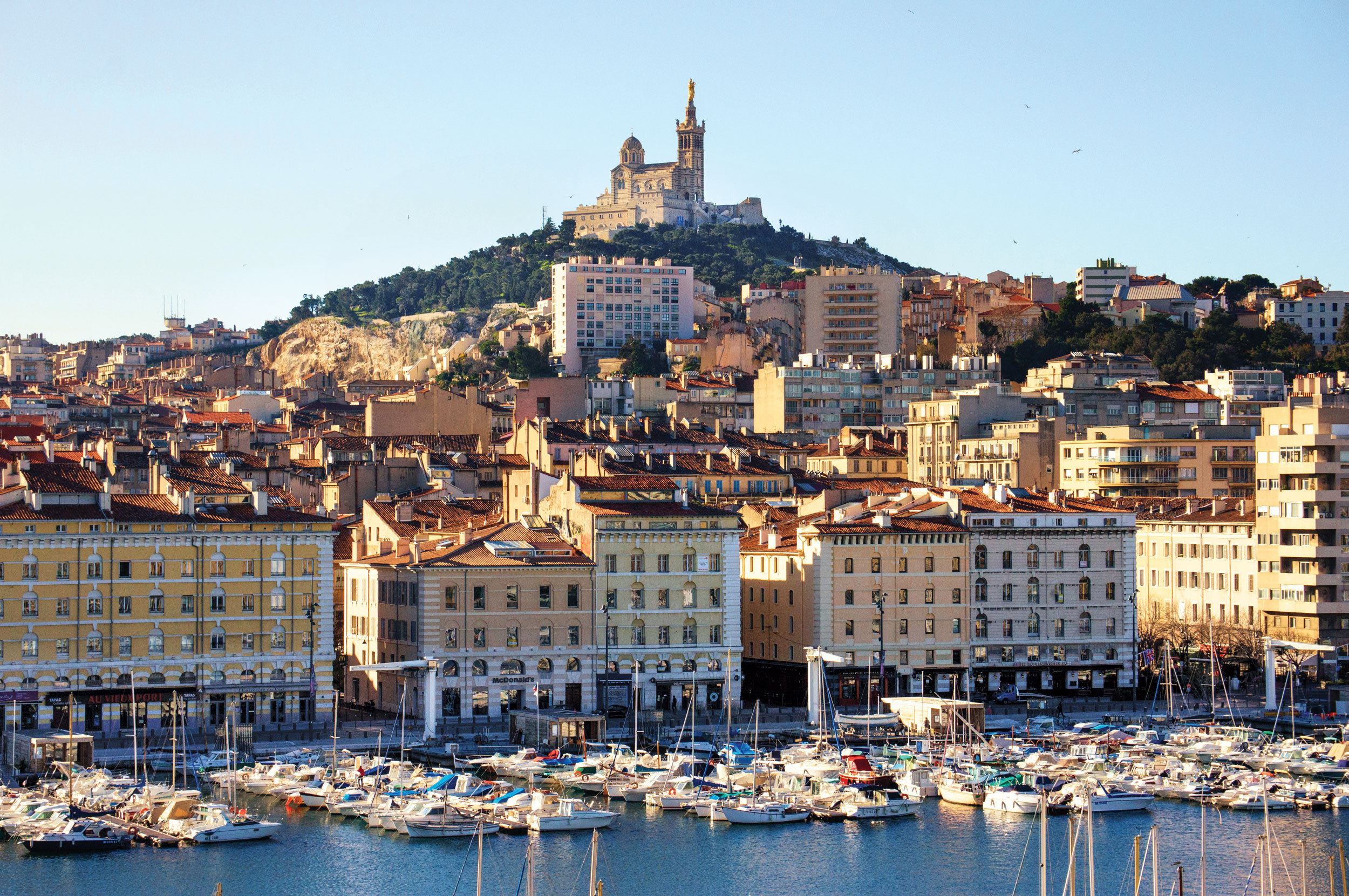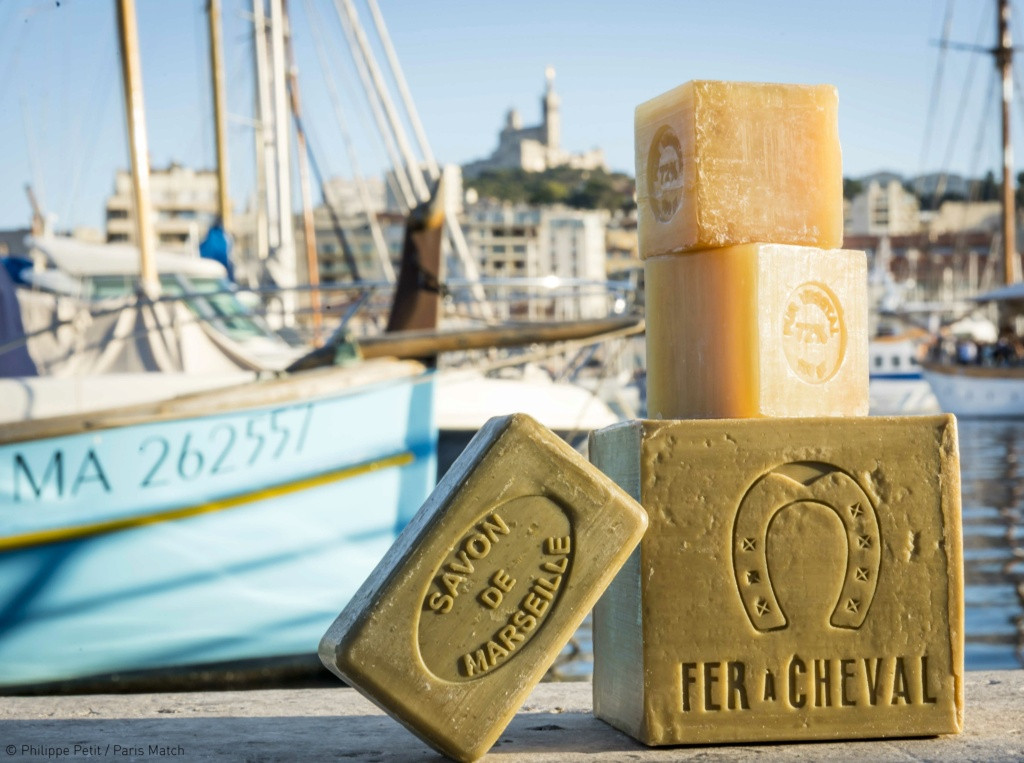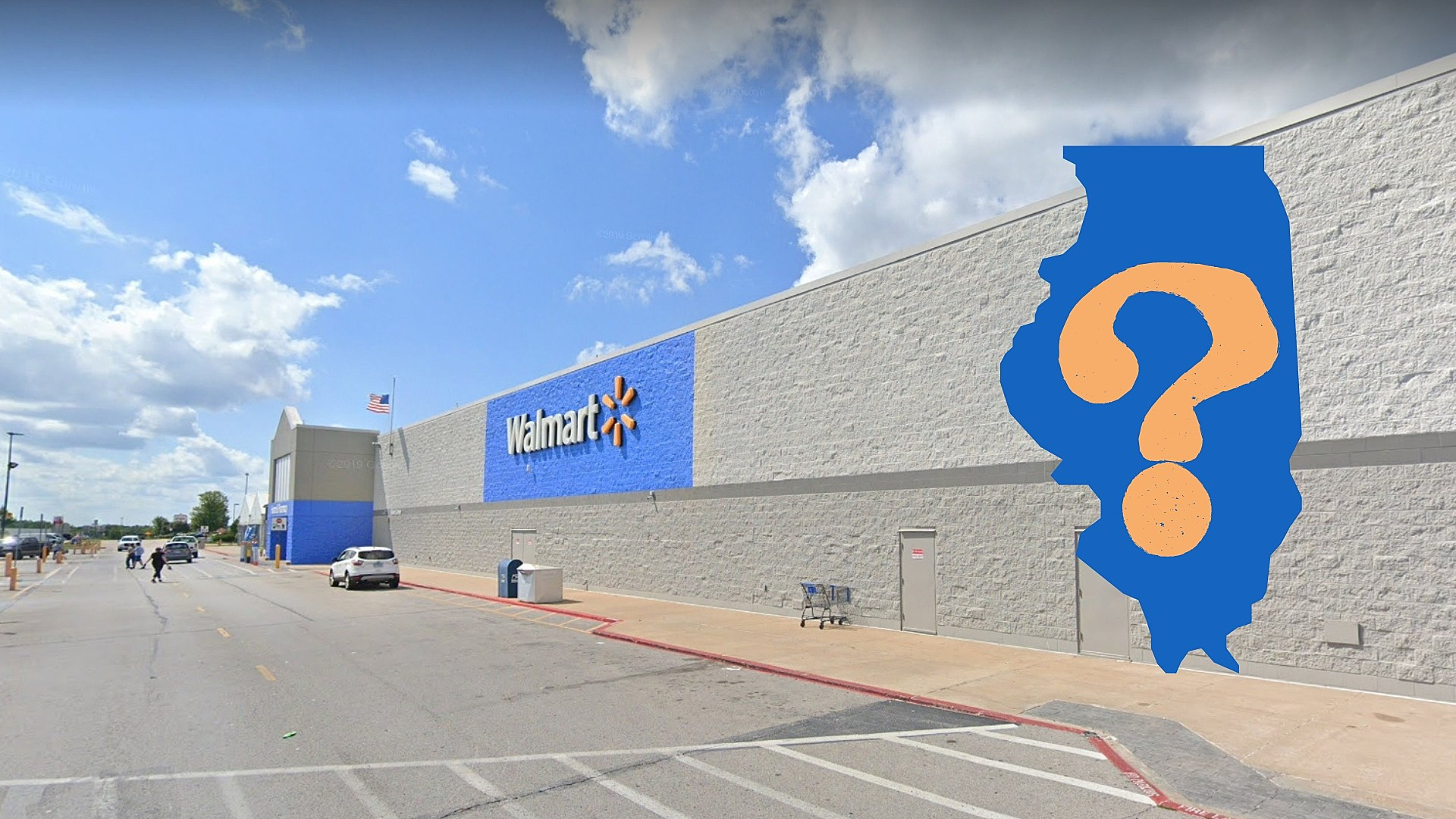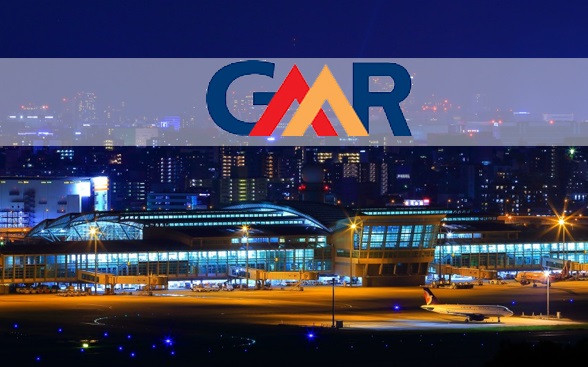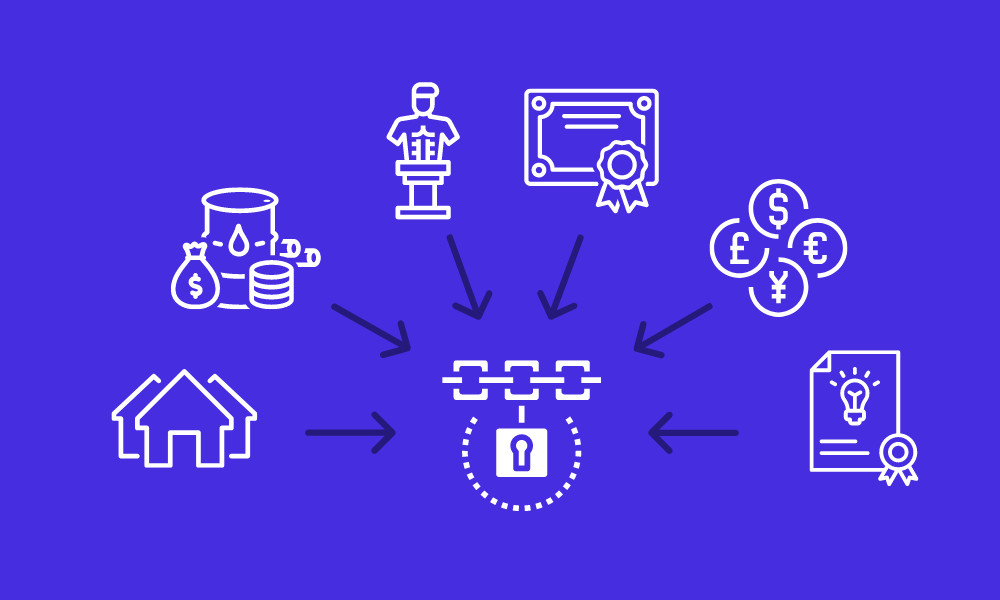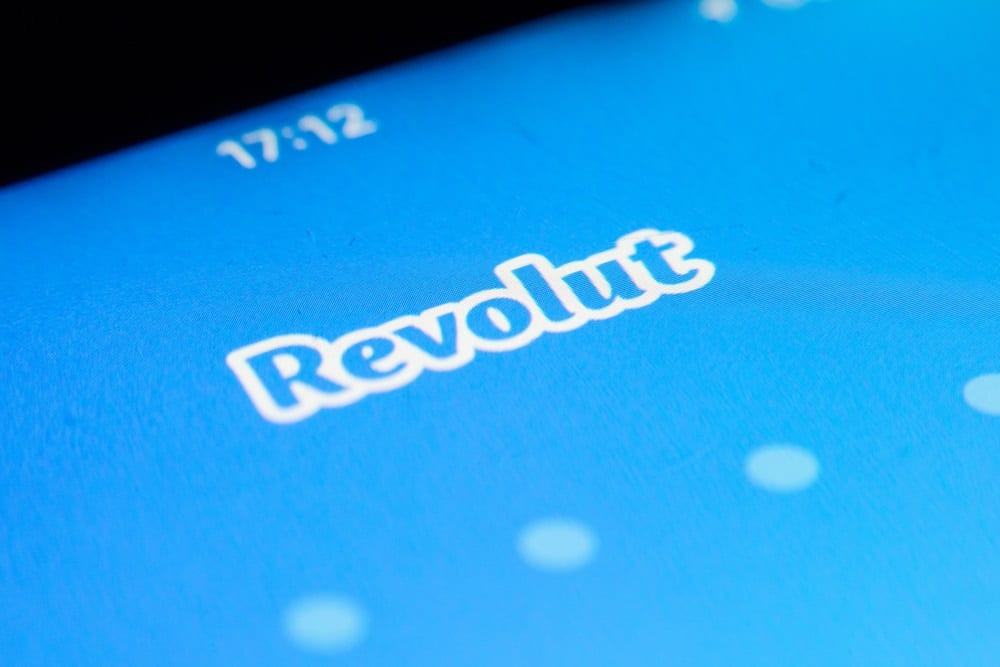The Real Deal: Why Most 'Savon de Marseille' Isn't Actually From Marseille
The iconic green cube of soap, a souvenir staple for tourists visiting Marseille, carries a misleading label. While it may be emblazoned with the words "Savon de Marseille," the reality is far from straightforward. In fact, the true "Savon de Marseille" is becoming increasingly elusive.
The Rise of Imitation and the Fight for Authenticity
The alarming statistic, reported in various French publications, is that approximately 80% of the world's "Savon de Marseille" production originates outside of Marseille. Industry insiders believe this figure might be even higher, as the lack of a protected geographical indication (PGI) allows any manufacturer to label their product as "Savon de Marseille."
This has sparked a fierce battle for authenticity among the remaining traditional savonniers in Marseille.
"The majority of Marseille soaps are not from Marseille. They do not meet the process, composition, and geographical origin of the real "Savon de Marseille," because any manufacturer can label their product as such." explains Julie Bousquet-Fabre, president of the Marius Fabre soap factory and the union of professionals of the Marseille soap industry (UPSM).
The Appeal of a Global Market
The worldwide appeal of the "Savon de Marseille" has drawn manufacturers from all over the globe, creating a lucrative market.
"Turkey, Morocco... everyone makes Marseille soap," notes Serge Bruna, master soap maker at the Savonnerie de la Licorne and president of the association of Marseille soap manufacturers (AFSM). The traditional soap, known for its simple ingredients and eco-friendly nature, has become a prized product globally. The high demand creates a favorable environment for imitations, eroding the market for authentic, locally made soaps.
The Price of Tradition
The battle for authenticity is further complicated by the cost factor. The rigorous process of producing traditional "Savon de Marseille" – which involves specific ingredients and a meticulous manufacturing process – makes it significantly more expensive to produce in France.
"There is a subject around the cost," observes Raphaël Seghin, president of the Savonnerie du Fer à Cheval. "The soaps that are not real "Savon de Marseille" are less expensive. When we manufacture in France, we have unavoidable costs. When a customer doesn't understand the difference, they will inevitably buy the cheapest option." This price disparity undermines the efforts of traditional soap makers who prioritize quality over profit.
A Long-Standing Dispute: The Quest for PGI
The pursuit of a protected geographical indication (PGI) for "Savon de Marseille" has been underway for nearly 15 years. It is a necessary step to safeguard the authenticity of the product and protect the interests of traditional manufacturers.
The road to PGI has been fraught with challenges, primarily due to internal disagreements among Marseille soap makers. Two rival associations, each with a distinct vision for the definition of "Savon de Marseille," have presented competing PGI applications.
"Everyone is convinced that they have the right definition of Marseille soap, and nobody wants to budge," summarizes Serge Bruna. The debate centers on the geographical scope: Should it include soap produced in Marseille, the Bouches-du-Rhône department, or the entire Provence region? Should the production process encompass the entire manufacturing process or include imported soap flakes? And finally, should it include scented varieties or only adhere to the traditional unscented formula? These fundamental questions have divided the soap industry, impeding progress on the PGI application.
A Hope for Compromise
Despite the existing tensions, a glimmer of hope lies in the potential for compromise. Serge Bruna, representing the AFSM, is willing to make concessions. He acknowledges the need for a united front to protect the authenticity of "Savon de Marseille."
"One of our members is based in Toulon, but we are willing to sacrifice the regional level and focus on the Bouches-du-Rhône department," he states, demonstrating a willingness to compromise. However, this gesture has been met with skepticism by the UPSM, which maintains that they are the only soap makers in the Bouches-du-Rhône department who produce the entire process from raw materials to finished product.
The Next Chapter: A Call for Action
With a stalemate in sight, the industry is turning to external arbitration. The hope is that an independent body can resolve the differences and pave the way for a unified PGI application. However, the realization of this hope depends on political will.
"We need a political will, but I don't think this issue will be a priority for the next government," acknowledges Julie Bousquet-Fabre. In the meantime, the UPSM has devised its own label to distinguish the 500-700 tons of soap produced annually by the four Provençal companies.
The future of the iconic "Savon de Marseille" hangs in the balance. The fate of the industry rests on the ability of the traditional soap makers to overcome their differences and secure the recognition they deserve. The quest for authenticity remains a battle worth fighting.
Saving the Tradition: A Lesson in Authenticity
The struggle to protect the authenticity of "Savon de Marseille" is a microcosm of a larger battle for preserving tradition and craftsmanship in a globalized marketplace. As competition intensifies and price pressures mount, protecting the heritage of products like "Savon de Marseille" becomes increasingly important.
The future of this iconic soap rests on the ability of the industry to find a unified voice, prioritize quality over cost, and secure the recognition it deserves. It serves as a reminder that authenticity, tradition, and quality – the pillars of true craftsmanship – are worth fighting for.




